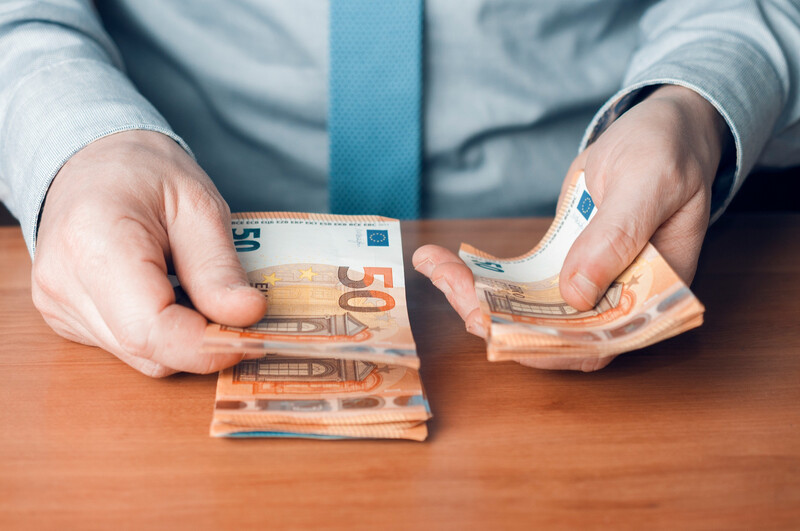Si rien n’est encore acté, la hausse de l’inflation pourrait amener le gouvernement à augmenter le taux de rendement du Livret A, actuellement fixé à 0,5 %. Le Livret A étant le produit d’épargne favori des Français, cette décision coûterait probablement très cher aux banques.
Taux du Livret A : un calcul basé sur l’inflation et les taux interbancaires
Depuis le 1er février 2020, le taux de rendement du Livret A est de 0,5 %, un taux historiquement bas qui n’a pourtant pas détourné les Français de ce produit de placement. En effet, dès le début de la crise sanitaire, les ménages ont massivement placé leurs économies sur leur Livret A, plébiscité pour sa souplesse.
Le mode de calcul du taux de rendement du Livret A est, depuis le 15 janvier 2020, basé sur la prise en compte de deux indicateurs : l’inflation et les taux interbancaires. Or, l’inflation ne cesse de progresser, et a atteint les 2,6 % en octobre.
Mécaniquement, le taux de rendement du Livret A devrait donc augmenter en février 2022, même si le gouvernement n’a pas encore apporté de confirmation.
Les banques en attente d’une décision qui pourrait être coûteuse
Pour les banques, une hausse du taux de rendement du Livret A ne serait pas une excellente nouvelle. A l’heure actuelle, 50 millions de Français détiennent un livret d’épargne réglementé, pour un total de 470 milliards d’euros d’encours.
Si c’est à la Caisse des Dépôts (CDC), gérant l’épargne réglementée, de prendre en charge la majeure partie de cette probable hausse du taux du Livret A, les banques doivent également distribuer une part du rendement à leurs clients.
D’après les projections de l’agence de notation Fitch Ratings, auxquelles le journal Les Echos a eu accès, le montant annuel pour les banques serait de 460 millions d’euros si le taux du livret A était relevé à 0,75 %. Ce montant pourrait atteindre 920 millions d’euros si le taux était relevé à 1 %, soit entre 0,3 et 0,6 % du produit net bancaire des établissements.
Si l’on prend en compte l’inflation et les taux interbancaires à court terme, le taux de rendement du Livret A devrait être d’environ 0,8 % à compter du mois de février 2022. Le gouvernement attend, avant de prendre sa décision, la recommandation de la Banque de France.
Malgré certaines réticences, la tendance étant plutôt à encourager la consommation pour favoriser la reprise économique, il semble compliqué de refuser une hausse du taux du produit d’épargne préféré des Français à quelques mois des élections présidentielles. D’autant qu’actuellement, en tenant compte de l’inflation, le taux de rendement réel du Livret A n’est pas de 0,5 %, mais de -2,1 %.
